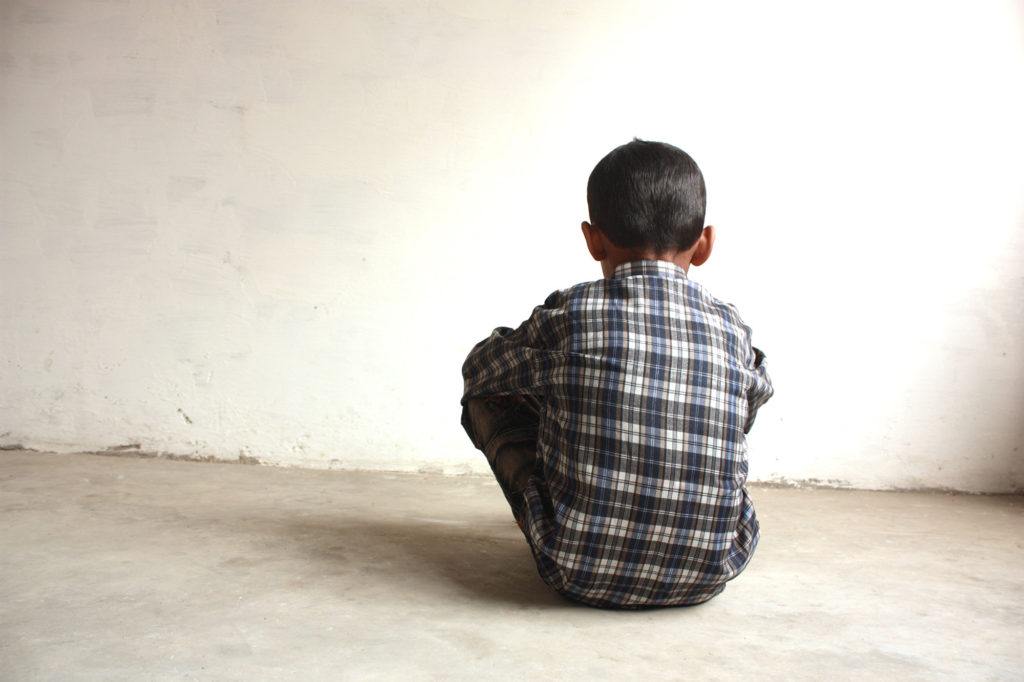Venkatesh’s father and mother fought daily. The yelling and beating continued to get worse—until one day, in a fit of rage, his father stabbed his mother.
Venkatesh suffered physical injuries during the attack, but those soon healed. The emotional and psychological wounds, however, were much deeper.
Though Venkatesh did not die as a result of his father’s violence, his life was changed forever. Children who experience violence in their homes and communities suffer lifelong physical, psychological, and emotional consequences.
Former United Nations Secretary-General Kofi Annan said, “Violence against children cuts across boundaries of geography, race, class, religion and culture. … And no country is immune, whether rich or poor.” Children worldwide are victims and observers of violence, causing dramatic effects on their lives. According to the United Nations, a child dies every five minutes as a result of violence. An estimated 120 million girls and 73 million boys have been victims of sexual violence, and almost one billion children are subjected to physical punishment on a regular basis. Billions more regularly witness violence in their homes. So how can we change these horrifying statistics?
“Violence against children cuts across boundaries
of geography, race, class, religion and culture…
and no country is immune, whether rich or poor.”
— Kofi Annan, Former UN Secretary-General
 Change can start with you! Here are some things you can do to end violence in your community.
Change can start with you! Here are some things you can do to end violence in your community.
- Set a good example—Adults who model good anger management and who use non-violent solutions to solve their disputes can have an impact on families and communities. Start by making sure your own life reflects God-honoring ways of treating others.
- Equip children with life skills—When you teach the children in your care to manage their anger well and to choose non-violent approaches to problem solving, you are giving them the tools they need to handle their difficulties in the way God intended.
- Encourage empathy—God loves and values children, and we should, too. By loving and valuing the children in your care and encouraging others to do the same, you can influence the way people in your community view children.
- Make others aware—You can start a violence awareness campaign in your community. Many adults do not realize that violence against children is wrong, and others lack the skills to manage their anger well. By educating your community, you can begin the process of change.
Venkatesh is safe now, and his mother survived the attack. Venkatesh has come to know the healing love of Jesus, and his life is beginning to change for the better. “God has a plan to work through our family,” he said. “I am excited to see it unfold.”
Children like Venkatesh are our greatest resource. But they are in physical, emotional, and psychological danger as a result of the epidemic of violence that impacts their lives. They need our protection. You can make a difference in your community by helping others to see that violence is never the answer. Will you help?
For information about the effects of violence against children, read the United Nations Study on Violence against Children at http://www.unviolencestudy.org/.
To download the UNICEF guide to ending violence in your community, visit UNICEF online.
You can support the global movement to end violence against children at #ENDviolence or www.unicef.org/endviolence.

